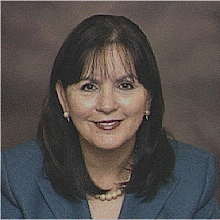I'll start with cameras. Scientists now have cameras that recognize certain sounds such as car crashes, breaking glass and gunshots. In response to certain sounds, the camera rotates and captures what could be a criminal or terrorist act. Good so far.
Biological, chemical and radiological sensors designed to warn of a terrorist attack before it's visible or results in illness also will be installed in some cities across the United States. Some already exist, but the additions will create an incredibly powerful grid. Not many people could protest against this.
In addition to early detection of terrorist attacks, the system will be used to look for criminal activity and help the cities manage disasters. We definitely do not want terrorist attacks or criminals and if the cameras can help manage disasters, even better.
Cameras are used in the workplace to continually monitor employees throughout the workday and are justified by employers because of its potential to eliminate employee theft and cut down on industrial espionage. Good for employers, but not so much for employees.
Scott McNealy, CEO of Sun Microsystems, in 1999 declared "Privacy is dead. Get over it." But to the majority of the citizen's I spoke with, privacy is a big issue, one of which is identity theft.
Cameras are but one of the ways that privacy is under the attack. Chip implants, credit reports, computers, credit cards, passports, underwear sniffing dogs, DNA databanks, airport x-ray type machines that leave nothing to the imagination and the list continues. I've heard people say, "Well, if there is an emergency, you'll appreciate the security and you won't care about your privacy."
There are pros and cons to the invasion of our privacy for the sake of safety, but some might say, this is but one of the ways we're ushering in a New World Order.
Monday, January 11, 2010
Subscribe to:
Post Comments (Atom)

No comments:
Post a Comment